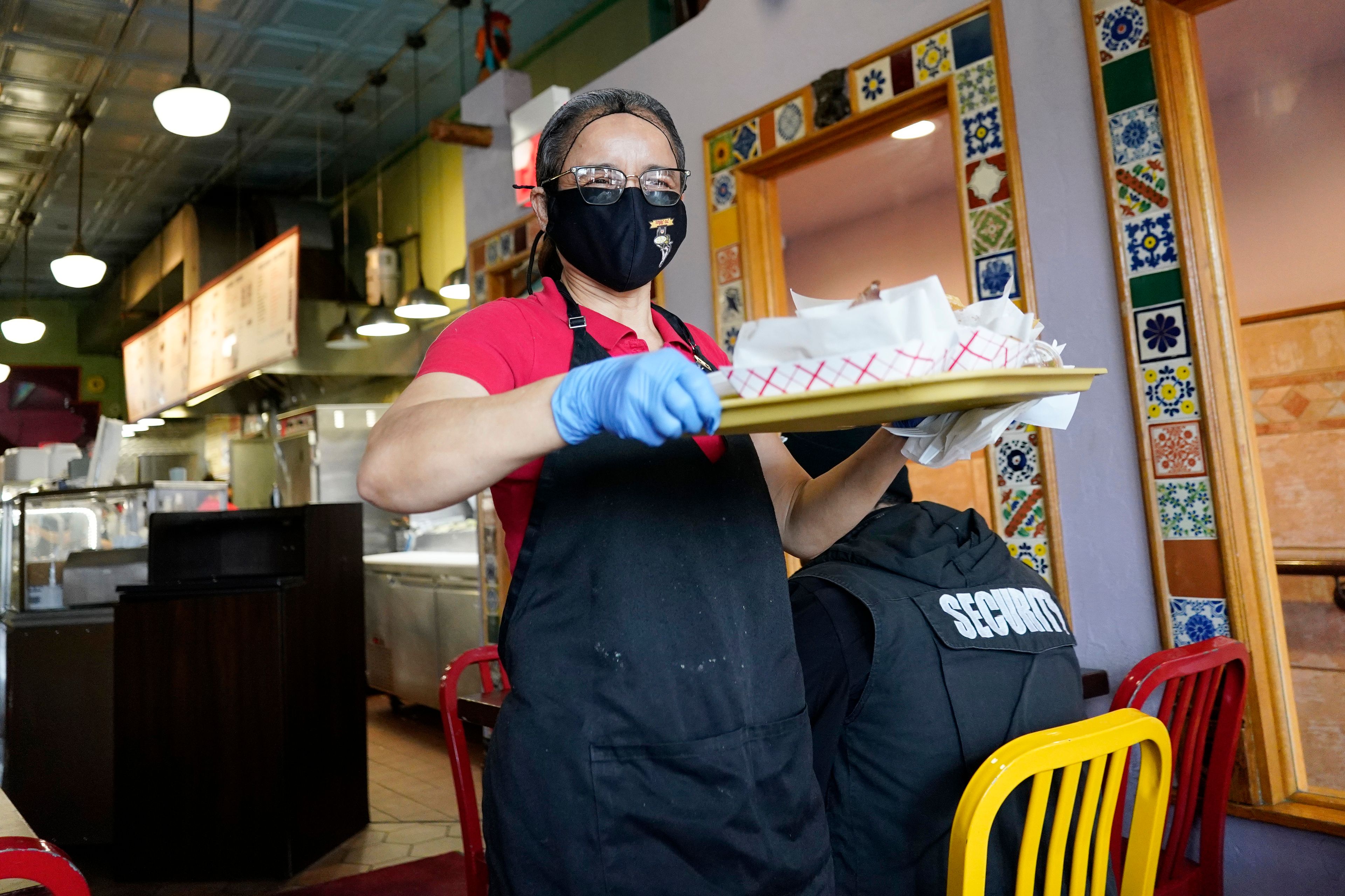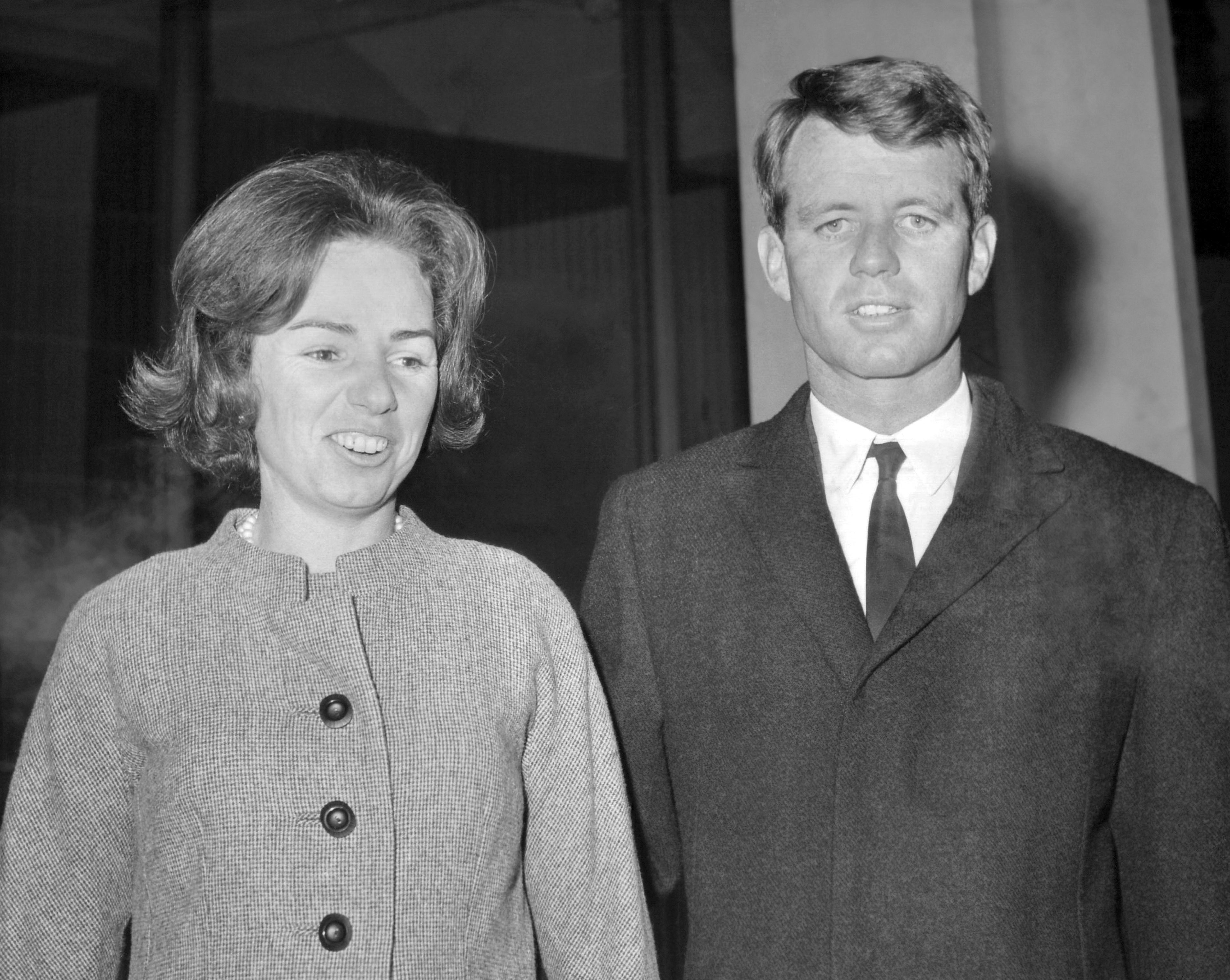This column originally was published in the Tribune on Oct. 30, 2000.
---
My friend Elizabeth was a Peace Corps volunteer in Mali, Africa, last year. Mali, one of the poorest of countries, is between the Congo and the Sahara Desert.
Elizabeth said dogs aren't really pets in Mali but they do live there as peripheral scavengers. They eat what they can find that people throw away, but it is unheard of for someone to befriend or even pet a dog.
Shelly is also in the Peace Corps in Africa. She is in Kenya, where the economy is at least a little better. Some people have dogs, but they are more for protection from thieves than for pets. She and her husband have befriended "Box" and "Jimmy," dogs who belong to their neighbors. Now Box and Jimmy are no longer always chained, and they have become accustomed to the kind human attention that we take for granted and comes so easy in our relative affluence.
Shelly said most Kenyans assume all dogs are fierce and dangerous, and they are deathly afraid of them. The adults carry large knives and raise them threateningly toward any dog who comes near. They think nothing of kicking and beating dogs, and the children commonly throw stones at dogs.
Now, watching Shelly and Bill with Box and Jimmy, the local villagers refuse to believe they are Kenya dogs. They think they must have been brought from America. Some think Shelly "mad" for rubbing the dogs' bellies, picking off ticks, and giving them treats.
Box had a litter of puppies and the locals thought they had really gone off the deep end when she and Bill transported the whole litter in a cardboard box, with frequent water and care stops, by "bike taxi" up to the main road, then down the highway in a "matatu" (a small pickup with a shell) to the town of Kisumu.
The whole litter had to be smuggled into a hotel for the night, and then smuggled onto the bus for a four-hour ride to Nakuru. Chickens, turkeys and goats are OK on the bus, but not dogs. The puppies were adopted by another Peace Corps volunteer, a teacher at a school for the deaf. She says the puppies have "transformed the students as well some of the faculty."
They wanted to have Box spayed to prevent further litters, and were told by a local "veterinarian" that he could give a shot that would "shrink her uterus" and render her permanently sterile. There is no such shot. Whatever he gave Box resulted in an infection in her uterus. They are currently searching for a veterinarian who can safely perform the surgery that Box now needs to cure the infection, as well as prevent further litters.
Shelly really likes and respects the "wonderful couple" - a prominent local official and his wife - who live next door. They have become close friends, and have told Shelly and Bill on several occasions that observing their kind treatment of Box and Jimmy has really changed their attitude about dogs. They've learned the importance of vaccinations, and their children are much more loving with the dogs. And Box even escaped a death sentence after killing and eating a prized turkey.
Shelly said they never anticipated that one of their "secondary projects" in the Peace Corps would be to serve as an example of how to treat dogs. I think it may be a very important project. Perhaps it will help spread the idea of gentle compassion beyond dogs and across a continent.
---
Roen is a retired Clarkston veterinarian whose columns were published weekly in the Lewiston Tribune for more than 30 years. He may be contacted at jazzvet@cableone.net.










